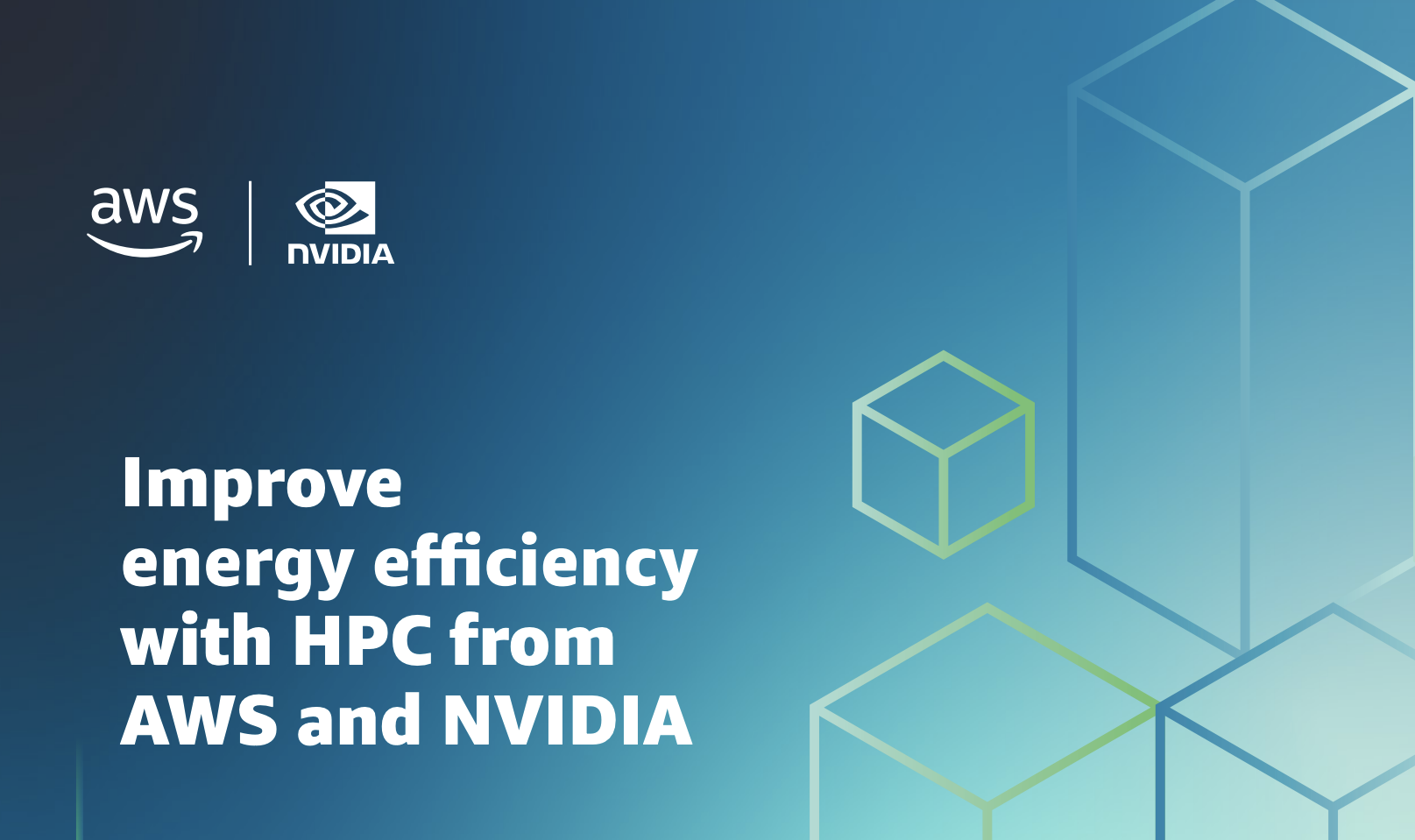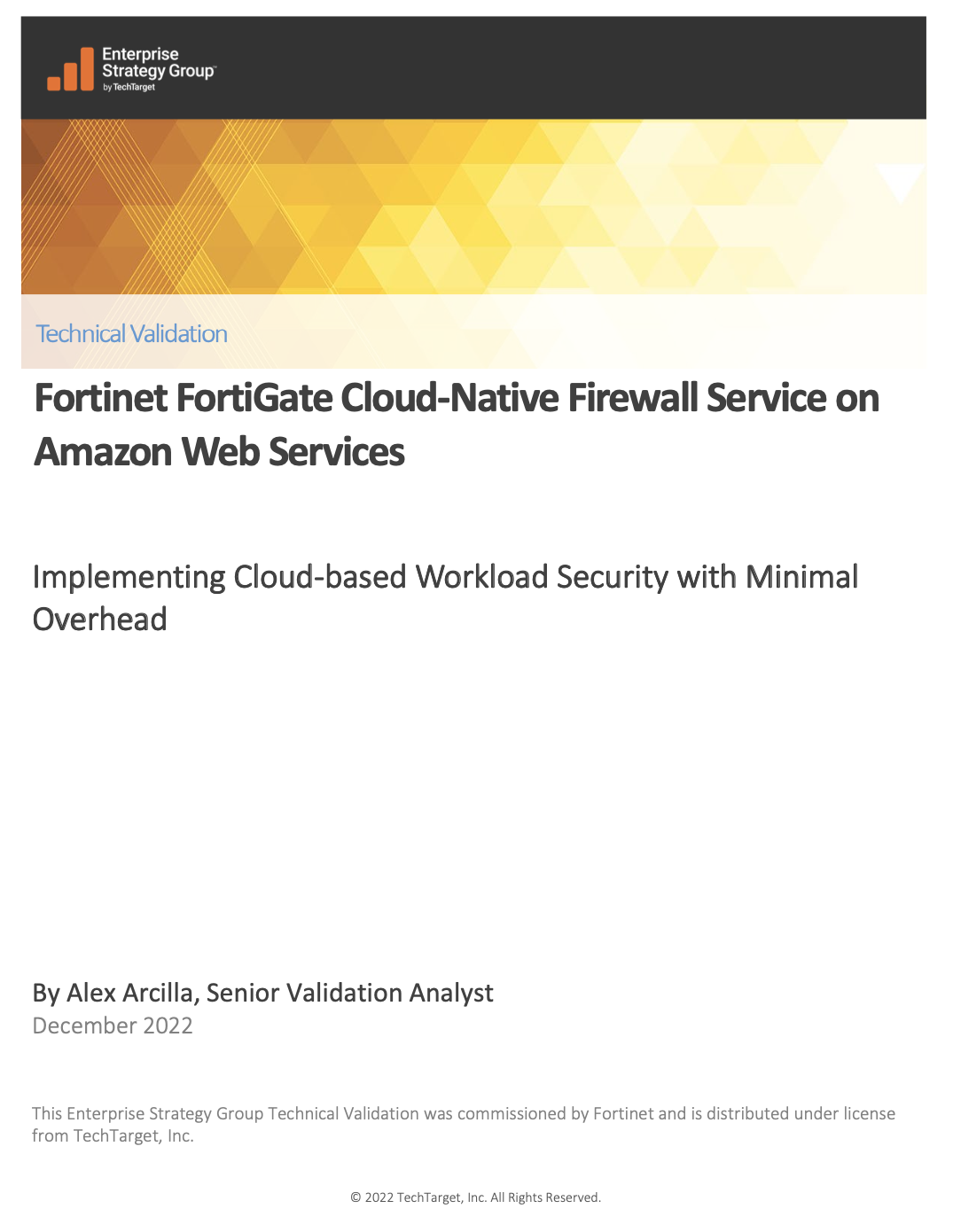Higher education research is at the frontlines of major global challenges, training innovators in AI, accelerated computing, and data science.
Climate change is an important issue, rapidly gaining more attention as around the world countries are seeing hotter temperatures, flooding and other unusual climate conditions.
The next generation of climate models will be able to stream the simulated state of the global atmosphere, ocean and land surfaces at kilometer scales which will make it possible to ‘experience’ virtual Earths simulating the past, present, and future. The simulations envisioned pose grand, but surmountable, challenges for high-performance computing and data analytics.
Simulating climate change is an extrapolation problem – predicting things that have never happened before. The laws of physics provide a basis for extrapolation, but using those laws requires more computation than we can manage, meaning a model could have anything from 100,000 to 1,000,000 lines of code.
AI has opened new avenues for modeling climate change. It can accelerate models, analyze their outputs, and make the data interactive, which is key for effectively extracting information and necessary for users to develop confidence in the model.
Hear Prof. Dr. Bjorn Stevens, managing director and director of the atmosphere in the earth system department at the Max Planck Institute for Meteorology, sketch the architecture of these next generation systems, which we envision being supported by machines like Earth-2, possibly as a contribution to new international initiatives, such as EVE.








